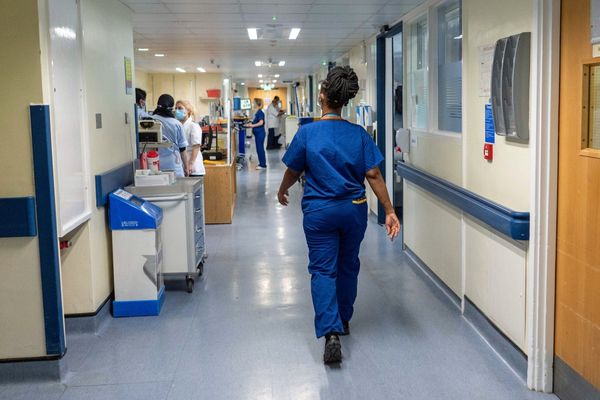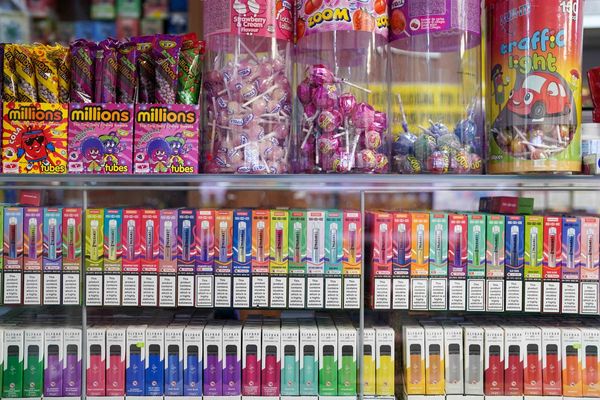Volkswagen announced it will boost investments in electric vehicles and battery technology in its pursuit of Tesla and BYD, while an EV price war in China escalates. VWAGY stock fell Tuesday.
The German auto giant will invest 180 billion euros ($192.6 billion) between 2023 and 2027, "with more than two-thirds allotted for electrification and digitalization," it said in a news release Tuesday.
That is up from 56% in its last five-year plan.
A major reason for the increase is more investments in battery cell factories and battery raw materials, the company said.
Besides battery production, the carmaker plans to invest several billions over the next five years in areas such as North America and China operations.
Volkswagen expects EV and battery investments to peak in 2025, then steadily decline. By 2030, Volkswagen seeks to have electric vehicles (EVs) make up 50% of its global sales.
The company's deliveries of all-electric vehicles, also known as battery electric vehicle or BEVs, rose 26% in 2022. That helped BEVs take a record 7% share of its total deliveries.
In 2022, Volkswagen trailed Tesla and China's BYD in global BEV sales, as well as a General Motors China joint venture. It said Tuesday that it expects a tailwind from "significant new models arriving in 2023."
VWAGY Stock
Volkswagen's American depositary receipts, which trade over the counter, fell 1.145% in Tuesday's stock market action.
VWAGY stock is finding support at the 21-day exponential moving average in a handle from a six-month cup base, the MarketSmith chart shows. The 50-day moving average has crossed back above the 200-day line for the first time in 16 months, a positive sign.
Tesla stock popped 5% Tuesday, following positive news on new car insurance registrations in China. BYDDF, which also trades over the counter, gained 1.2%. GM stock dipped 0.45%.
Profits Grow Despite Supply Headwinds
Volkswagen stock gapped up nearly 10% March 3 after the company posted a 12.5% increase in full-year 2022 operating profit.
Shares have since pulled back. Days ago, the company cut prices on its ID family of electric cars in China, joining a fierce price war in the world's largest auto market.
In 2022, its overall deliveries fell 7% to 8.3 million vehicles, but battery and electric vehicle (BEV) deliveries rose 26%.
Volkswagen's automotive division reported a decline in net cash flow in 2022 "due to supply chain and logistics issues, especially towards the end of the year."
The company expects that to largely reverse in 2023 as supply bottlenecks gradually ease.







